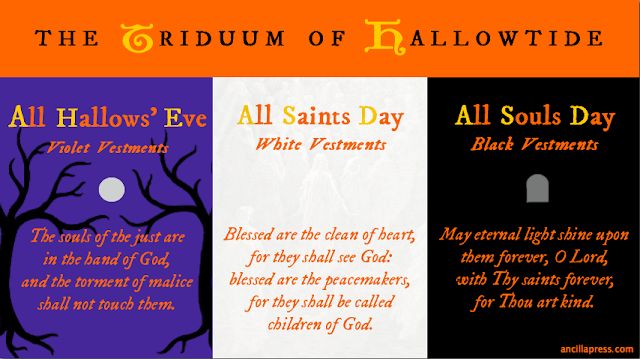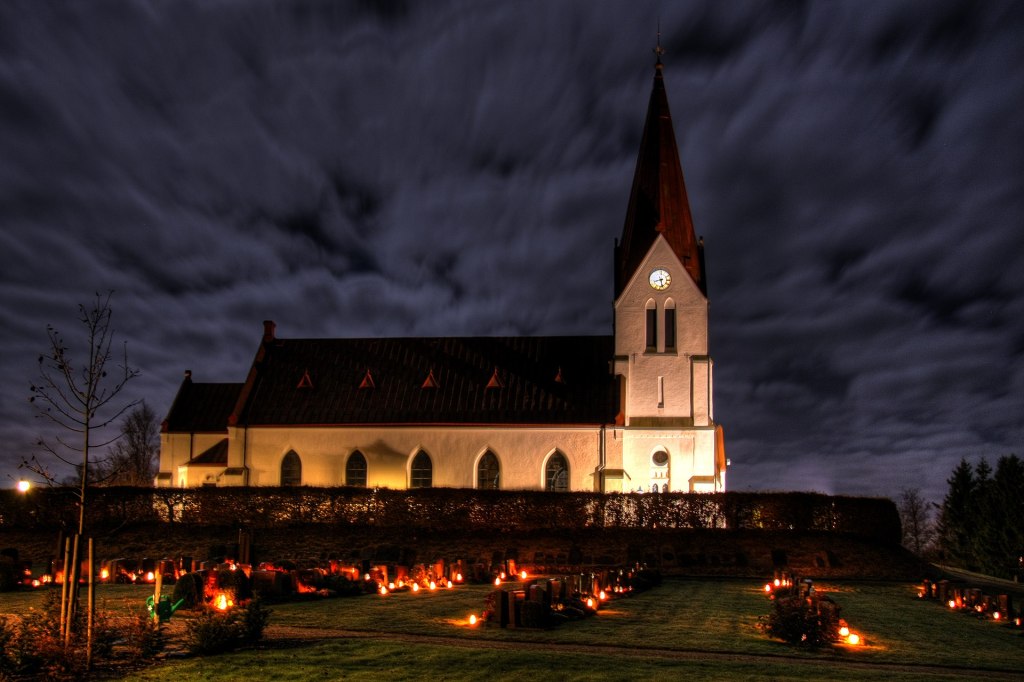The Qur’an (recitation) is considered a
miracle by Muslims because it was revealed in perfect classical Arabic (fusha t-turath) to an illiterate (ummi) Arabic man, Muhammad ibn Abdallah,
in 610 A.D. The Qur’an itself challenges
disbelievers to create something similar in Surah 17:88: “Say: ‘If the mankind
and the jinn were together to produce the like of this Qur’an, they could not
produce the like thereof, even if they helped one another’” (Al-Hilali and
Khan, 365).
The Qur’an is
so miraculous it proves to Muslims that Muhammad was a messenger (rasul) of Allah (God). The Qur’an discusses revelations given to prophets
from Adam to Muhammad, and Muhammad is, therefore, considered the last Prophet
of God (the Seal of the Prophets). The Qur’an is also viewed as a superior
example of classical Arabic literature and the first Arabic book (https://www.al-islam.org/al-serat/vol-14-no1-spring-1988/islam-quran-and-arabic-literature-elsayed-m-h-omran/islam-quran-and). According to Egyptian Arabic
teacher Hussein Moussa, “Quranic Arabic is a more eloquent form of fusha (classical Arabic). The equivalent
in English is Shakespearean English . . .” (https://www.quora.com/How-different-is-Quranic-Arabic-from-modern-Arabic-language-Which-one-should-I-learn).
The Qur’an
is inseparable from Arabic in the same way that Muhammad is inseparable from
the Qur’an. All the daily prayers are uttered in classical Arabic. A Muslim’s
entire life revolves around the Arabic roots of the Qur’an, no matter which
language he or she speaks. In fact, it has been said that the only true words
of Allah are found in the Arabic Qur’an.
“Arabic is a
delicate language where even the slightest mispronunciation can drastically
alter the meaning of a word” (https://www.arabacademy.com/islamic-arabic). Therefore, translating the Qur’an
into other languages can alter its meaning entirely. All Muslims are strongly
encouraged to learn Qur’anic Arabic in order to discover the true meaning of
the Qur’an.
The Arab
tribes in pre-Islamic Arabia were devoted to reciting poetry and passing down
oral traditions. In fact, “pre-Islamic Arabs took great pride in their language
and in articulate and accurate speech, the latter being one of the main
requisites for social prominence”) (https://www.al-islam.org/al-serat/vol-14-no1-spring-1988/islam-quran-and-arabic-literature-elsayed-m-h-omran/islam-quran-and).
Muhammad’s
oral revelations would have seemed astounding to the people of Mecca. And when
the Angel Gabriel ordered him to “Recite” in Surah 96 (Al-Hilali and Khan,
779), Muhammad was following a long-standing tradition of the Arab tribes. The
language of the Qur’an is considered so beautiful and unique that “no human
speech can match the Quran and its content and form” (https://en.wikipedia.org/wiki/Quran).
Tajwid is the “art of Quran recitation” (http://www.oxfordislamicstudies.com/article/opr/t125/e2317). Tajwid determines how each syllable of the Qur’an is pronounced in
Arabic; how long and short pauses are placed; whether letters are sounded
together or separate; how consonants and vowels are pronounced; and the art of
recitation using musical and poetic expression. Diacritical markings (tashkil) on the Arabic letters indicate
where and when to use these rules. Tajwid
is to recited Arabic what elocution is to classical singers.
Early in his
prophethood, Muhammad captivated listeners with the beauty and power of Qur’anic
language. “Many were converted [to Islam] on the spot, believing that God alone
could account for the extraordinary beauty of the language” (Armstrong 145).
Converts who memorized and recited the Qur’an were “interiorizing the inner
rhythms, sound patterns, and textual dynamics – taking it to heart in the
deepest manner” (Sells 11).
The Qur’an’s
message, above all else, is the supremacy and oneness (tawhid) of God (Allah).
All humans are dependent on the will of Allah. It was Allah’s will to create
humans, and it will be Allah’s will to determine when humans die and resurrect.
The second
most important message in the Qur’an is the coming Day of Judgment, when all
humans will be judged according to their actions. The earth will be thrown into
upheaval and chaos. A spiritual battle will ensue between Satan and God, and
Jesus and the Mahdi will re-appear (http://www.oxfordislamicstudies.com/article/opr/t125/e513).
Muhammad’s
role as Prophet was to be Allah’s messenger and the interpreter of Allah’s
revelations (http://www.al-islam.org). Over 23 years, Muhammad revealed
important guidelines about daily life, social justice and law, and reverence
for God. He laid the foundation for the basic tenets of Islam—the Five Pillars
of Islam and the Six Pillars of Faith—which were later formalized in the Hadith
of Gabriel (Esposito 77-88). His revelations continually reminded people (dhikr) to do the things loved by Allah.
After his death, the teachings of the Qur’an and the way of life exemplified by
Muhammad and his Companions came to be known as the sunna. Later on, these were supplemented by verified sayings and
events of the Prophet remembered by others (hadith).
Altogether, these three components formed the basis of Islamic law (sharia) (http://www.oxfordbibliographies,com/view/document/obo-9780195390155/0b0-9780195390155-9983.xml).
The exoteric
(outer – tafsir) literal meaning of
the Qur’an is enhanced by an esoteric (inner – ta’wil) experience of the Qur’an. But this experience and interpretation
must only be done by qualified individuals, according to Surah 3:7 in the
Qur’an (Al-Hilali and Khan, 75). Sufism is the esoteric branch of Islam and
relies heavily on mysticism and “the ancient wisdom of the heart” (https://goldensufis.org/a_meditation_of_heart.html). Early Sufis identified so
completely with Allah that many were executed for blasphemy. A well-known Sufi
was the poet Rumi, who incorporated ayahs
(verses) from the Qur’an into his Persian poetry.
Internet
Sources – incorporated into the body of the post
Al-Hilali,
Muhammad Taqi-ud-Din, and Khan, Muhammad Muhsin. Interpretation of the
Meanings
of the Noble Qur’an in the English Language, 15th ed. Riyadh: Darussalam,
1996.
Armstrong,
Karen. A History of God. New York:
Alfred A. Knopf, Inc., 1993.
Esposito,
John L. The Oxford History of Islam.
New York: Oxford University Press, 1999.
Sells,
Michael. Approaching the Qur’an.
Ashland: White Cloud Press, 2007.
Dawn Pisturino
Thomas Edison State University
December 26, 2018
Copyright 2018-2021 Dawn Pisturino. All Rights Reserved.



















